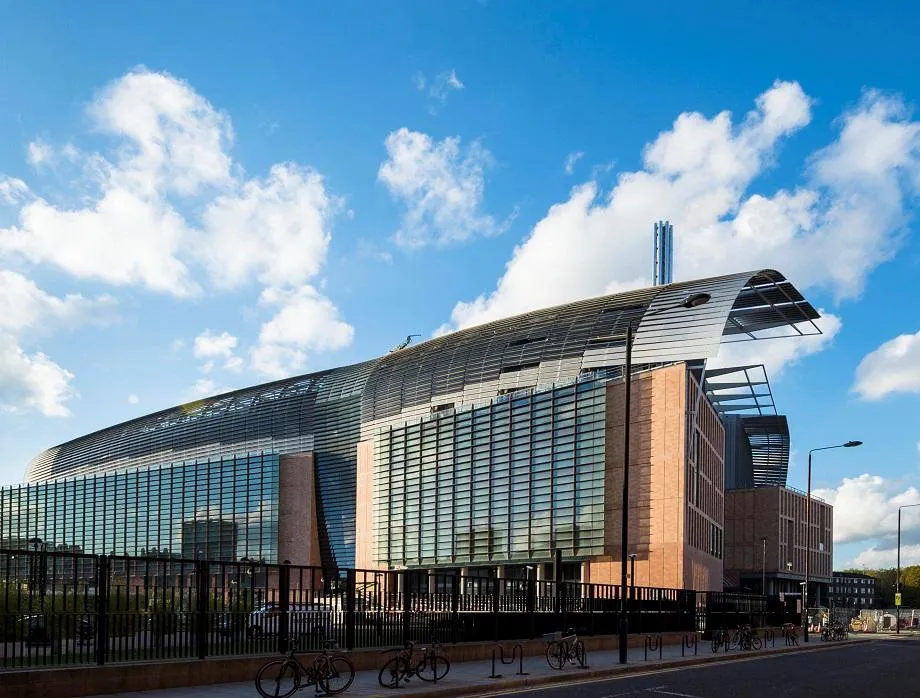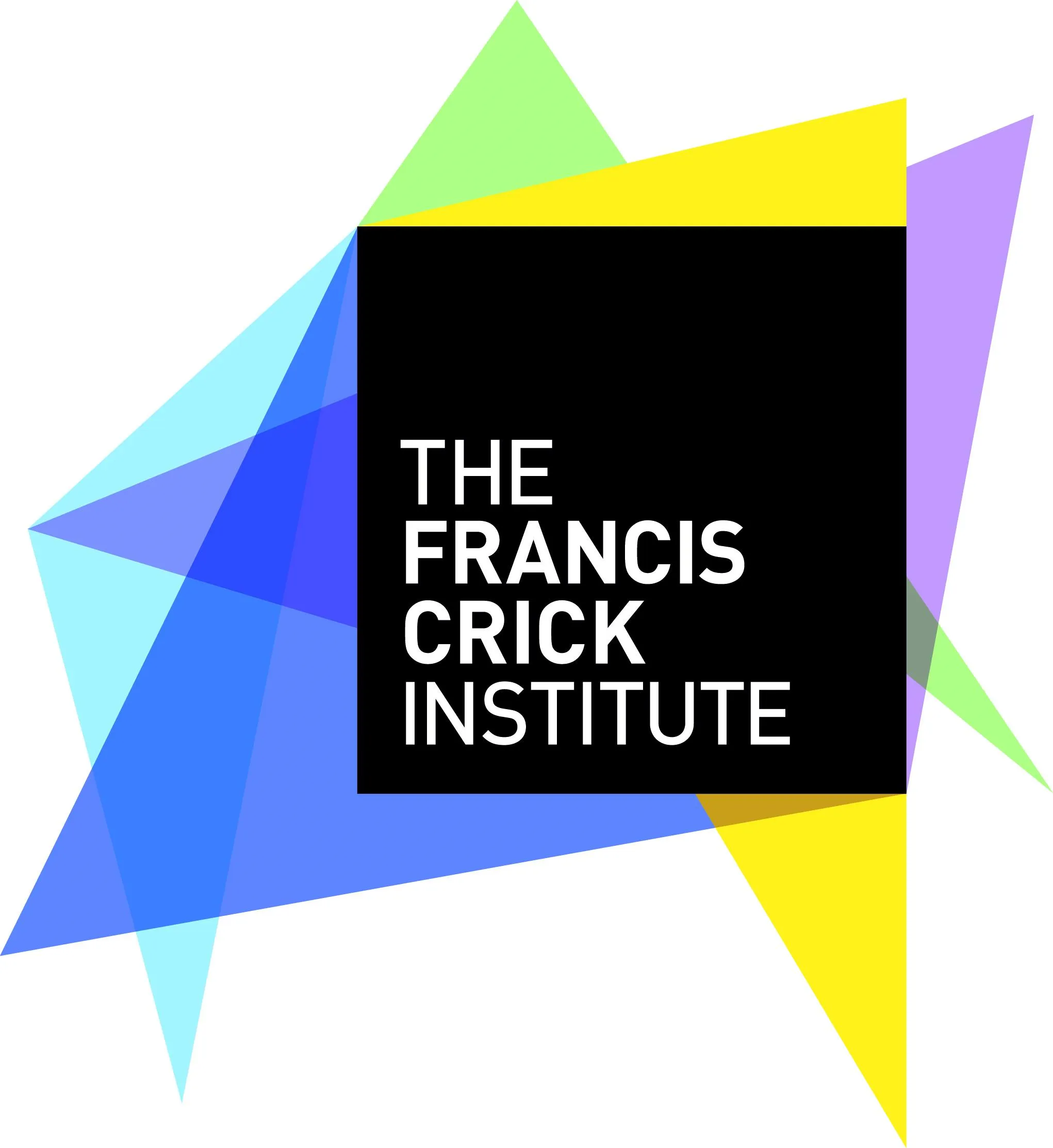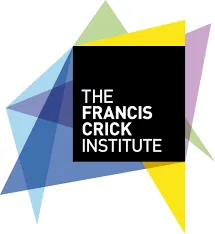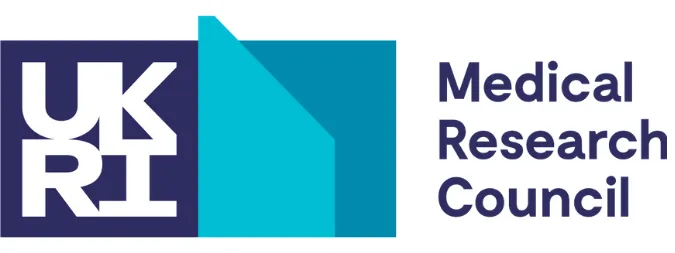The Francis Crick Institute, which is Europe’s largest biomedical research institute, was created through partnership with three leading London universities (King’s, Imperial College, UCL) and three medical research funders (MRC, CRUK, Wellcome).
The vision is for an institute that: supports outstanding discovery research across boundaries and at scale, with close university connections to strengthen clinical research and impact; develops links between biomedical research and the physical sciences, engineering and informatics.
The Crick is now home to 1500 staff and students that form over 120 research groups. Partner university staff lead a third of these groups. Research connections are developed through short and long-term attachments, joint appointments, and joint grant awards. World-class technology platforms at the Crick complement the facilities run by the universities and many collaborations are based around these.
The Crick and its university partners have established a highly regarded PhD programme that has enabled researchers from the 4 institutes to develop relationships whilst supervising students, which has often led to applications for attachment and joint grant funding. The programme welcomes 50 students per year registered across the 3 universities, including 5 doctoral clinical fellows who follow a condensed version of the programme.
The partnership between King's and the Crick has also led to the development of notable spin-outs and ambitious, large-scale research projects, such as GammaDelta Therapeutics - a pioneering biotechnology company focused on exploiting the unique properties of Gamma Delta T cells for immunotherapy - and the MAGIC consortium, a new initiative which has brought 15 international partners together to work towards transforming the treatment landscape for muscular dystrophies.


Contact us
The King's-Crick Partnership team can be reached at the following addresses:






